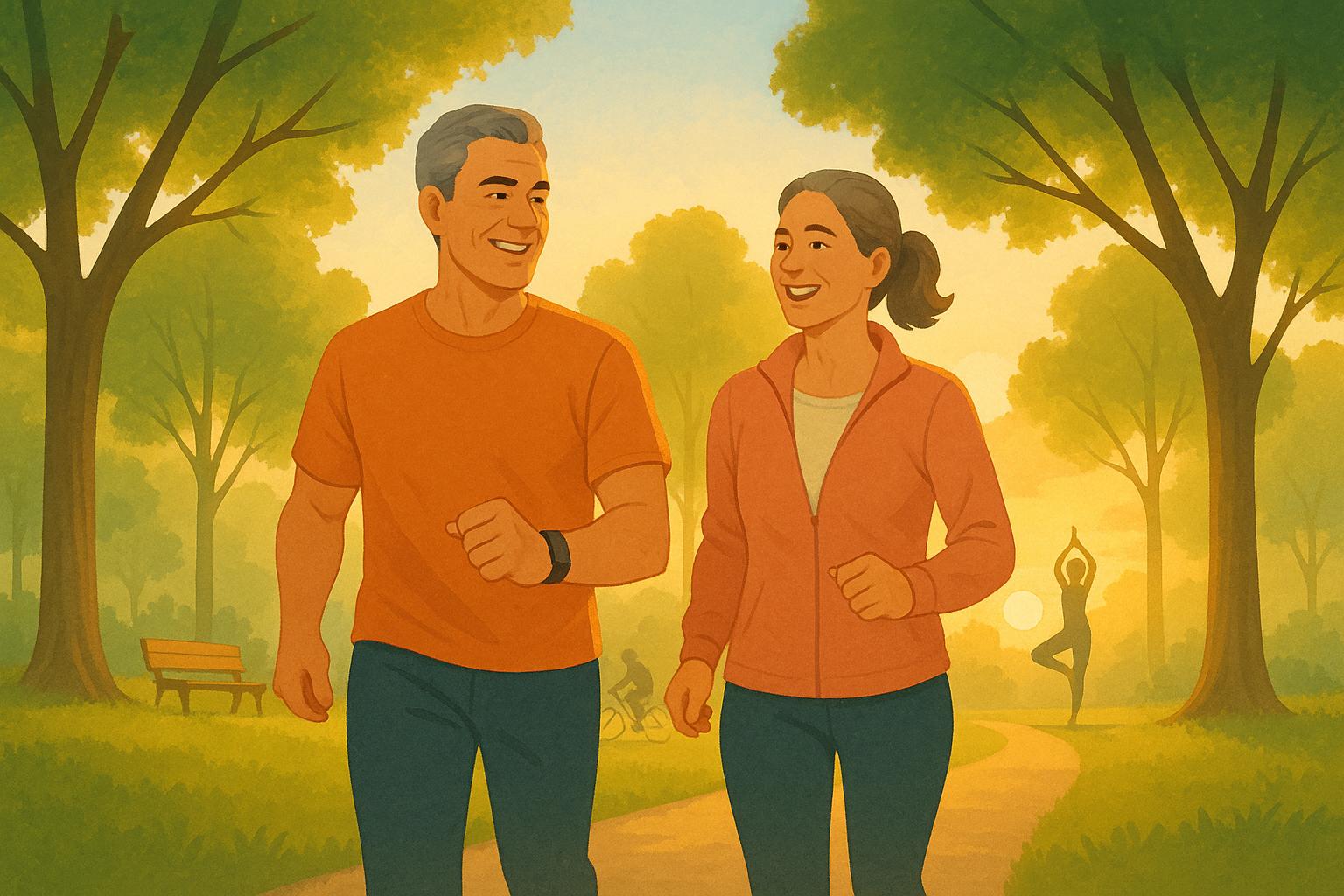Fact 1: In the United States, one person dies from heart disease every 34 seconds on average.
Heart disease is the leading cause of death for both men and women in the US, accounting for about 700,000 deaths every year. Coronary artery disease (CAD) is responsible for nearly half of those deaths, with CAD affecting more than 20 million Americans overall.
Fact 2: Your heart hates Mondays as much as you do.
Historically, heart attacks have occurred at a slightly higher rate on Mondays, possibly because returning to a busy, stressful workday after a relaxing weekend is a bit too much strain on the heart. The original study included 1.6 million people from 16 countries, and the difference found was “small.”
A more recent study found no such correlation — however, the study included far fewer participants. The researchers suggested heart attacks may be more evenly distributed today because Americans who work from home tend to work more constantly; at the same time, many of us remain constantly “plugged in” to stressful news on the internet and social apps.
Fact 3: A sedentary lifestyle dramatically increases the risk of heart problems.
Being sedentary affects heart health in multiple ways. First, it decreases the strength of the heart muscle, so your heart doesn’t perform as well. Second, it increases your risks of type 2 diabetes and obesity, two risk factors for heart disease. Third, it increases levels of LDL, so-called “bad cholesterol.” And fourth, it decreases levels of HDL or “good” cholesterol.
The American Heart Association recommends 30 minutes of moderately intense aerobic activity at least five days a week — a brisk daily walk is ideal. If you spend a lot of time sitting at your desk or relaxing in front of the TV, make a point to get up every 20 minutes (or during commercial breaks) to move around for five minutes or so.
Fact 4: Socializing with loved ones could help decrease your risk of a heart attack.
Socializing with friends and family isn’t just fun — it’s good for your heart health, too. One study found that being socially isolated increases your risk of heart attack, stroke, and cardiovascular death by about 30%. What’s more, a separate study found that even people who were social but still felt lonely had increased risks of heart failure.
Fact 5: Having an annual flu shot is important for your heart, too.
Research shows that people who have an annual flu shot also have “dramatically” lower risks for cardiovascular events like heart attack, stroke, cardiac arrest, and death. Last year, researchers reported that annual flu shots were associated with a 34% reduction in the risk of major adverse cardiovascular events; in people with a recent heart attack, that risk was reduced by 45%.
The bottom line is that heart disease is complex, and treating it needs to be individualized for each patient’s unique needs, health history, lifestyle, and risk factors. To learn how our team can help you improve your heart health, call 972-295-7017, or book an appointment online with the team at Prime Heart and Vascular today.





